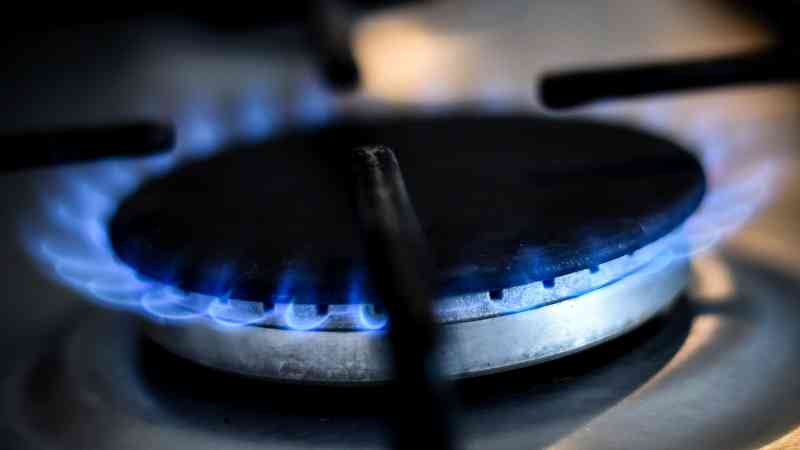The energy price cap limiting tariffs for 15 million households could be increased by even more than expected from April and then updated more often, under Ofgem proposals.
The regulator said that the “scale and pace of wholesale prices over recent months” meant that the cap may no longer accurately reflect the costs an efficient supplier would face.
Analysts have already forecast that the higher wholesale prices will force the cap to rise by hundreds of pounds a year under existing methodology when it is updated in April.
In a consultation yesterday, the regulator suggested that there would need to be an additional “upward revision” to reflect increased risks associated with wholesale energy purchasing. It published initial estimates suggesting that suppliers were facing net additional costs not covered by the cap methodology of up to £30 per household per year.
It also proposed that the cap could be amended outside the usual six-month updates “where “exceptional circumstances (which are rare and would have high impacts without urgent action) occur”.
The cap was introduced in 2019 to limit bills for 11 million households with standard variable tariffs that typically were the most expensive in the market. A further four million households with prepayment meters are also covered.
Since August, 20 household energy suppliers have gone bust as wholesale energy prices have soared to record highs. Several suppliers have blamed the price cap, which they say has failed to keep pace with rising costs. The cap assumes that suppliers buy most of their wholesale energy for price-capped customers well in advance.
However, at today’s high prices, buying even small extra volumes is estimated by Ofgem to be costing suppliers an extra £5 to £20 per household more than assumed under the cap.
In addition, with fixed-price tariffs typically offered at prevailing wholesale costs that are well above the price cap, more customers are opting to roll on to the suppliers’ standard tariffs. Suppliers have not bought energy in advance for these extra customers; Ofgem estimates that this is adding to suppliers’ costs by a further £20 to £25 per household, per year.
Suppliers should however save between £15 and £20 per household per year from lower green subsidy costs.
